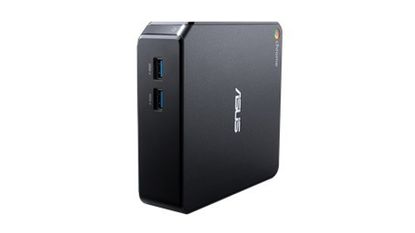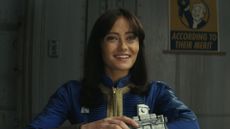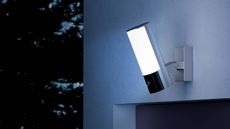Asus has unleashed a new Chromebox onto the market, with the Chromebox 2 receiving a boost in power compared to the original model courtesy of a Broadwell (fifth-generation) Intel CPU.
This box of tricks is essentially a tiny PC powered by Google's Chrome OS, and the sequel remains the same size as the first offering (in other words, it's just under 5-inches square and just over an inch and a half thick).
As Liliputing reports, the new processor is an Intel Celeron 3205U, which is a dual-core offering that's clocked at 1.5 GHz and also boasts improved integrated graphics compared to the original, running an Intel HD 5500 solution.
The connectivity of the Asus Chromebox 2 has also been upgraded with the addition of support for 802.11ac Wi-Fi for better wireless streaming, particularly important for those who are going to set this up in the living room as a home theatre PC which they can stream video to without any cable clutter.
The memory on board is 2GB, and there's 16GB of flash storage, just the same as the previous model. As for ports, you get HDMI and a DisplayPort, alongside four USB 3.0 ports. As mentioned, the operating system is Chrome OS and you also benefit from built-in virus protection.
Furthermore, you can mount this box onto the back of any VESA-compatible monitor or TV, hiding it away completely.
The Chromebox 2 has gone on sale over in the US now, and it's priced at $200 (£130). For that outlay, you not only get a tiny computer that boots up in a matter of a few seconds, but you also receive a bundled wireless keyboard and mouse. With any luck, we'll see this device on this side of the pond before long.
Also check out: MSI's tiny Windows 10 PC sips power courtesy of Intel Braswell CPU


